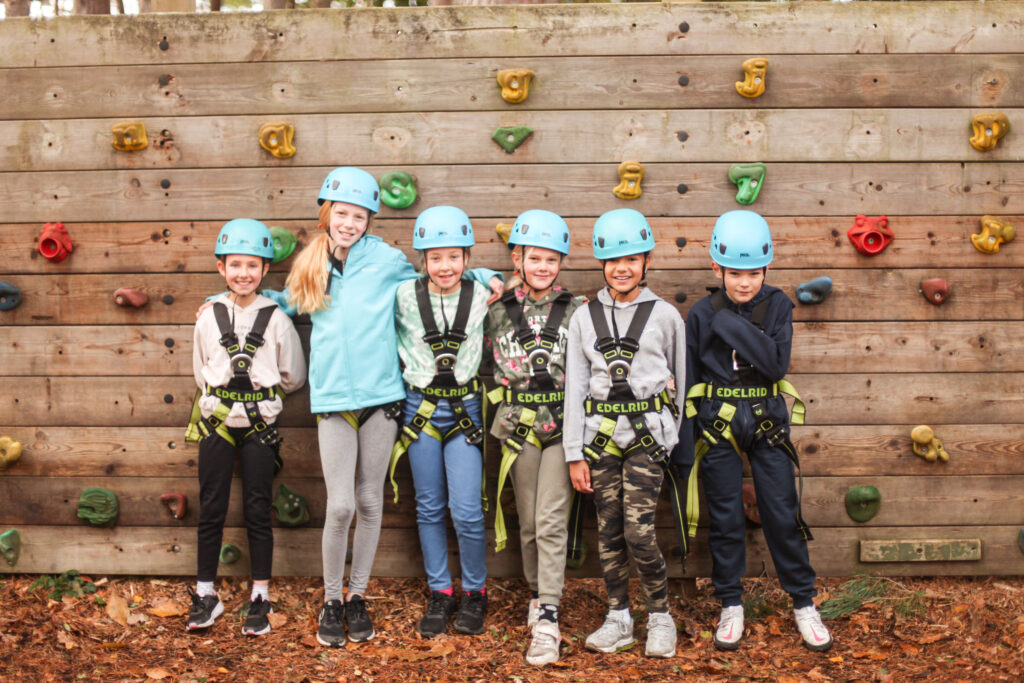Outdoor learning is vital for children’s mental health
2 February 2024
- Blog
- Young People
This week is children’s mental health week. Supporting young people’s mental health has been a focus for UK Youth for several years, particularly through outdoor learning at its Avon Tyrrell Outdoor Centre in the New Forest.
Research has shown spending time in nature can have numerous benefits for young people’s mental health and wellbeing, but also revealed a startling fall in outdoor play.
Fewer than one in 10 children regularly play in wild spaces, according to a 2009 Natural England study, which is a stark decline compared with almost half a generation ago. .
Studies have also found spending time outdoors can have a profound impact on young people’s happiness and wellbeing. A 2021 Natural England study found 85 per cent of young people agree being in nature makes them very happy. Furthermore, those who spend time outside at least once a week are more likely to report ‘very high’ levels of happiness.
By incorporating outdoor learning experiences, we can positively influence young people’s emotional wellbeing and overall happiness.
David Watts, UK Youth director of outdoor learning, said: “Young People sit at the heart of our work at Avon Tyrrell and our experience, learn and develop model ensures we support personal development and mental health on every visit. We believe experiential outdoor learning gives young people the chance to develop life skills, including improved communication, motivation, teamwork and resilience, and building character.”

Benefits of outdoor learning
- Improved mood: Outdoor learning provides a change of scenery and a break from daily routines, which can boost mood and increase feelings of happiness and contentment;
- Stress and anger reduction: Spending just 20 minutes outdoors can lead to a reduction in feelings of stress and anger. Nature provides a calming effect and promotes emotional regulation;
- Relaxation and time out: The natural environment serves as an ideal backdrop for relaxation and quiet reflection, allowing children to unwind and recharge;
- Physical health improvement: Outdoor learning encourages physical activity, which contributes to improved physical health. Increased movement and exercise release endorphins, promoting a positive state of mind;
- Confidence and self-esteem boost: Outdoor activities often involve risk-taking and challenges, which can enhance young people’s self-confidence and self-esteem as they conquer obstacles and develop new skills;
- Social connection: Outdoor learning experiences offer opportunities for children to meet and interact with new people, fostering social connections and promoting a sense of belonging;
- Community engagement: Engaging in outdoor activities within the local community helps young people develop a stronger connection to their surroundings, promoting a sense of community and belonging.
As we mark children’s mental health week, it is crucial we recognise the importance of outdoor learning in supporting young people’s emotional wellbeing. By providing opportunities for children to connect with nature, we can improve their mood, reduce stress, and enhance their overall mental health.
Place2Be launched the children’s mental health awareness week in 2015 to empower, equip and give a voice to every child in the UK. Now in its 10th year, Place2Be hopes to encourage more people than ever to help it reach its goal that no child or young person has to face a mental health problem alone.
